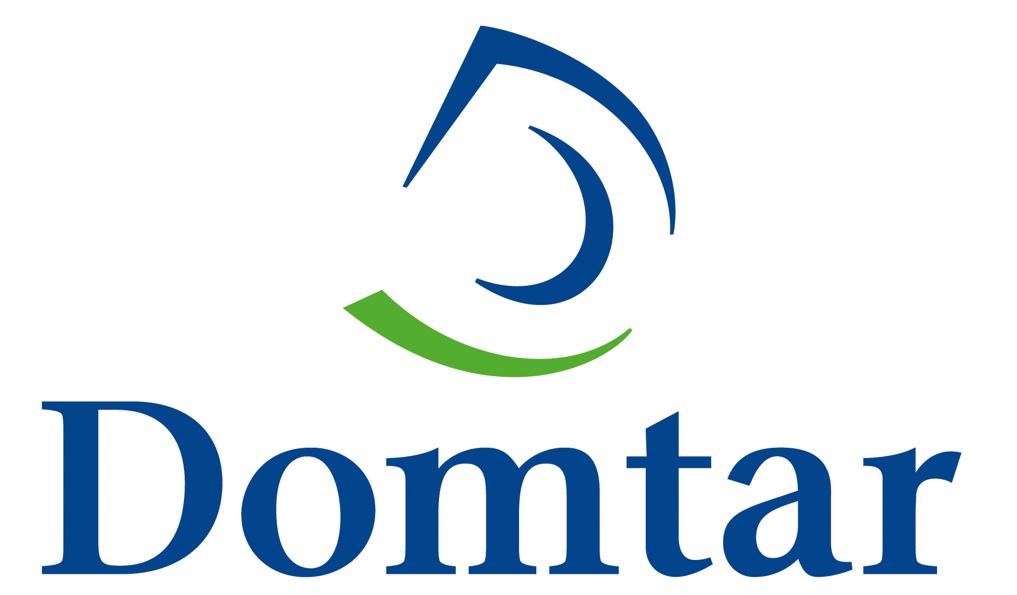Domtar’s Bennettsville, SC Mill Implements Wildlife Habitat Management Plan
Domtar's Wildlife Management Plan helps turkeys, deer, blue birds, bats and more.

A few years ago, Domtar’s Bennettsville, SC mill recognized the benefit that a habitat management plan would provide for the approximately 1800-acre site, helping increase the health of native wildlife and vegetation. After the cause was championed by the local EarthChoice Ambassadors chapter, which seeks to engage employees around sustainability issues, the plant’s leadership team agreed to reach out to a regional university to begin the process. While it is common for pulp and paper mills to employ co-op students in subjects such as engineering, hiring a wildlife management co-op is somewhat unique.
The Bennettsville mill, commonly referred to as the Marlboro Mill in honor of the county in which it is located, sits along the Pee Dee River. This site ensured a rich mix of species would thrive on the property, and five goals were established to further increase that biodiversity:
- Increase the abundance and diversity of native plant species on the property
- Increase the habitat quality for whitetail deer
- Increase the habitat quality for wild turkey
- Increase the number and quality of transitional zones and travel corridors
- Improve nesting sites for wood ducks
The management plans recommendations were specifically focused on helping the mill lands support larger, healthier populations of wild turkey, whitetail deer and waterfowl – local species found in the area around the facility.
Many of the plan’s recommendations were heeded, including thinning tree stands to establish travel corridors, improving native shrubbery to provide wildlife cover and planting food plots to create feeding zones. Additionally, nesting boxes were built to house a collection of various creatures, including wood ducks, blue birds and even bats – demonstrating the natural biodiversity that surrounds the mill.
The results of the habitat management plan? A resounding success.
The subsequent increases in habitat quality and biodiversity have paid off with an increase of the wild turkey and deer populations. In fact, visitors to the site pass a wild turkey crossing sign when entering through the Marlboro mill’s north gate.
“Implementing the wildlife habitat management plan at the Marlboro mill was a great way to demonstrate the value that Domtar places on environmental responsibility, right here in our back yard,” said Athena Strickland, Environmental and Technical Services Manager.

